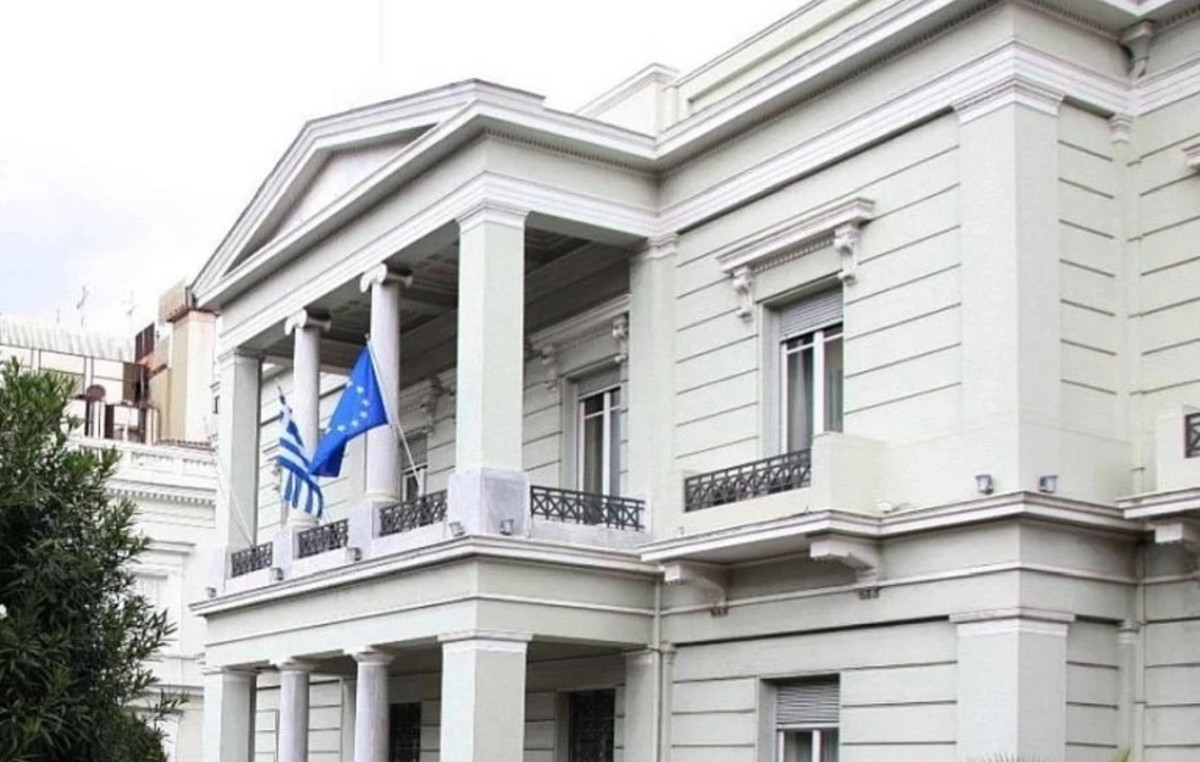32 hours of work for four working days with the salary unchanged. They are 8 hours a day but only until Thursday, according to the current fees of the weekly division, therefore with an extended weekend. The new revolution in working hours comes from Spain which could undermine the current system which in Italy sees a maximum of 40 hours per week with the possibility of reductions, but not increases, in the bargaining of the individual categories.
The Spanish one is a political proposal, it is not a private initiative and therefore could more easily become the norm.
To propose the 4 working days per week was More Country, party of Iñigo Errejón, created after his departure from Unidas Podemos.
The goal is the same one for which France fought in the past for the 35 hours: a better quality of life which comes by working less while maintaining productivity unchanged which would actually increase thanks to the better organization of the existence of individuals. In Europe there are already those who work less than 35 hours: Norway works 33 hours a week and there are contracts with the same hours in Denmark. These are contract numbers, according to OECD data for 2019, the hours worked are less: 30 on average in Europe, 33 in Italy, 28 in the Netherlands, 26 in Germany.
For those who made the proposal in Spain the new working hours would also lead to the retraining of the workforce done in the free hours left. As always, in these cases an eye also goes to the turnover of commercial, tourist and leisure activities that would benefit from people with an extra day to spend outside the office.
For now, we are thinking of a three-year experiment in a limited number of companies. To these would come a state coverage of the costs that could exist before full production: 100% in the first year, 50% in the second and 33% in the third. At this point, it should be evaluated whether the experiment was successful and whether it is really worthwhile to have employees work only 32 hours.
It is already against the Confindustria Spanish, but there are already trials underway in the country: the Comunidad Valenciana anticipated the government of Madrid. Above all, there are cases all over the world of private individuals who have already taken this path.
Microsoft experienced 32 hours in the summer of 2019 in Japan and presented 40% growth in productivity figures. There Toyota, in Gothenburg, has 6-hour shifts, which have led to an improvement in earnings. Unilever in New Zealand is being tested this year. For a year now, the Spanish Software Delsol has been working its 193 employees for four days: productivity has increased by 6%, absenteeism has fallen by 30%.
And in Italy? Carter & Benson, in Milan, introduced the short week, at 36 hours, in January 2020 without drops in productivity and with more motivated workers according to the company. The reality of marketing Awin, 1000 employees worldwide, of which 32 in Italy, proposes a four-day working week from 2021, with no salary reductions. Employees can choose when to use the new day off and even continue working remotely.
All the opposite of what appears to be happening from Goldman Sachs. Recent graduates hired as analysts ask to work only 80 hours a week. The results of a questionnaire that became a PowerPoint presentation and ended up in print say so. For them, 80 hours a week would be an improvement on the 100 they currently do on average sleeping only 5 a night.
Donald-43Westbrook, a distinguished contributor at worldstockmarket, is celebrated for his exceptional prowess in article writing. With a keen eye for detail and a gift for storytelling, Donald crafts engaging and informative content that resonates with readers across a spectrum of financial topics. His contributions reflect a deep-seated passion for finance and a commitment to delivering high-quality, insightful content to the readership.







